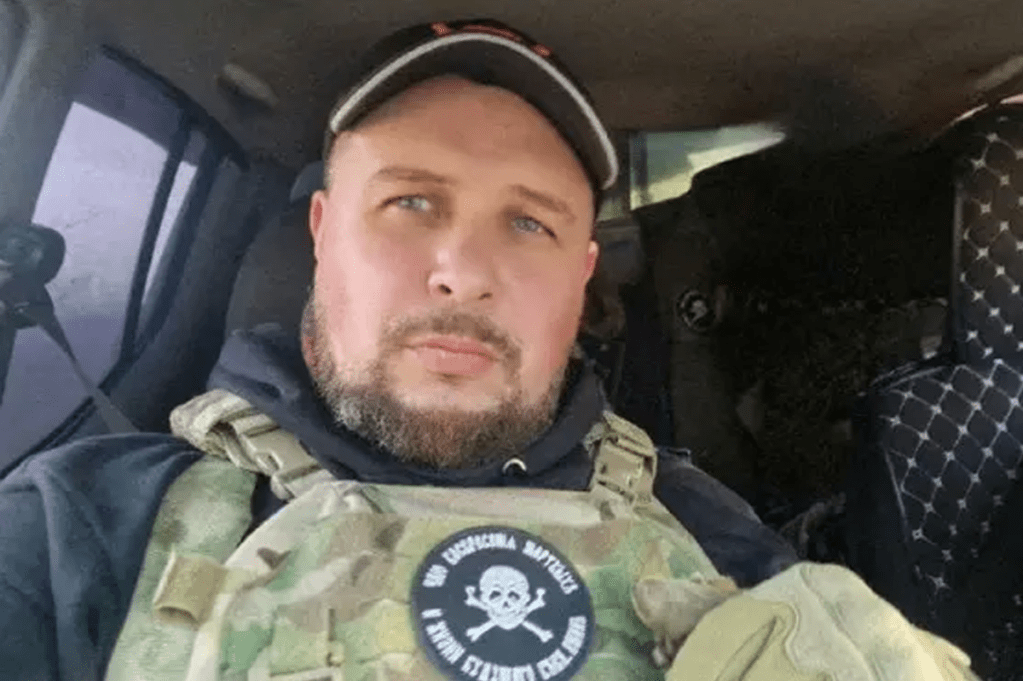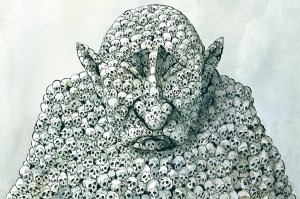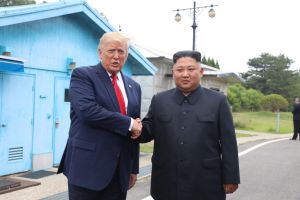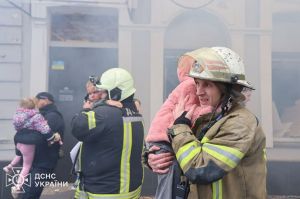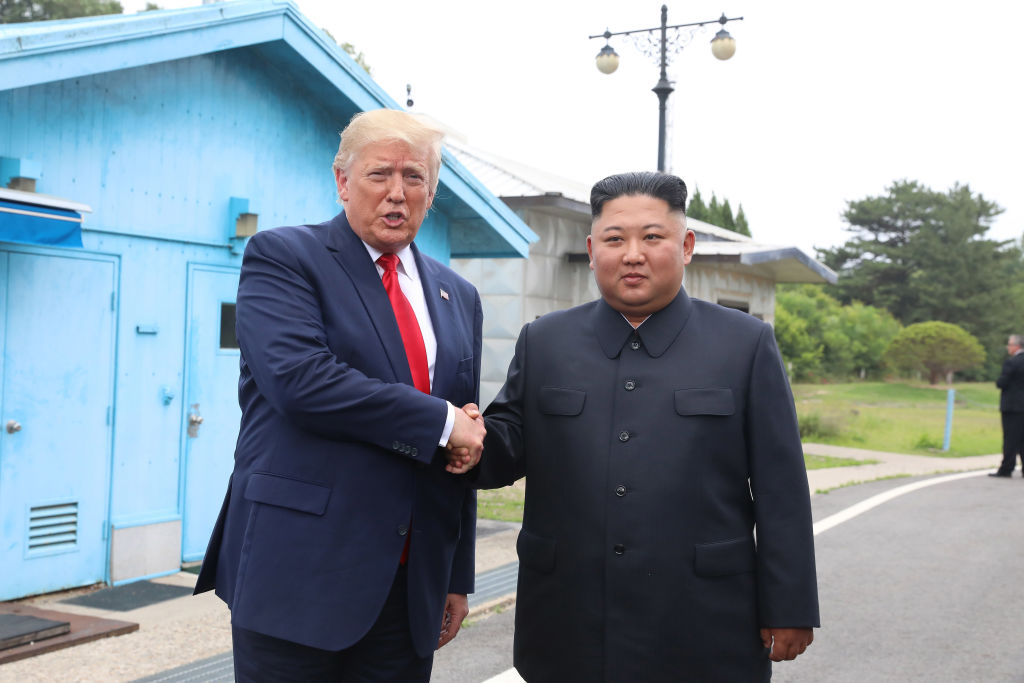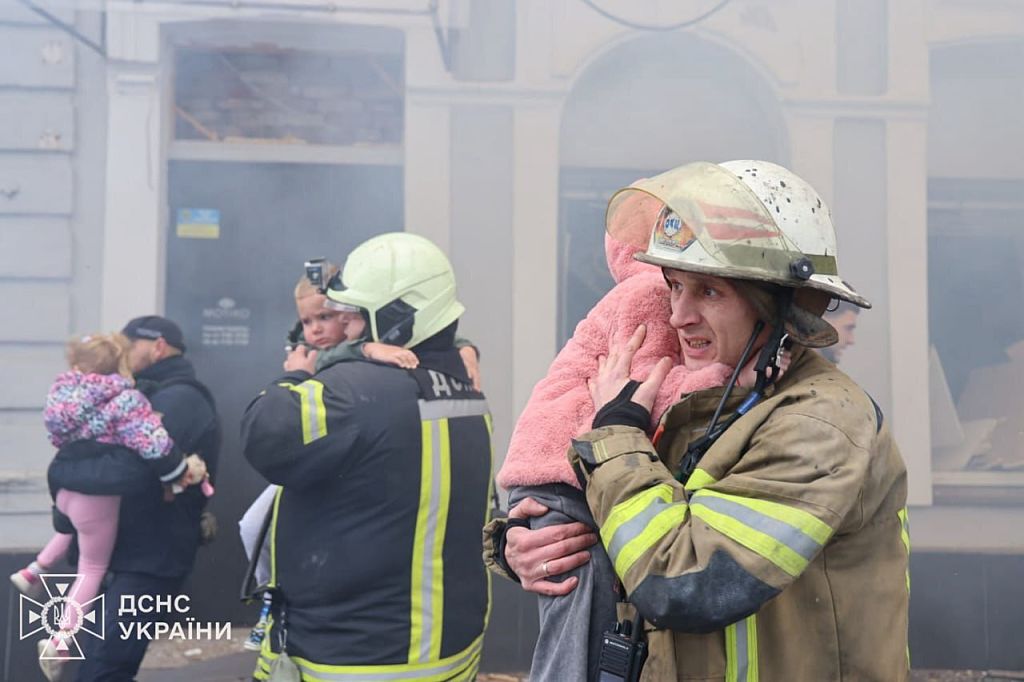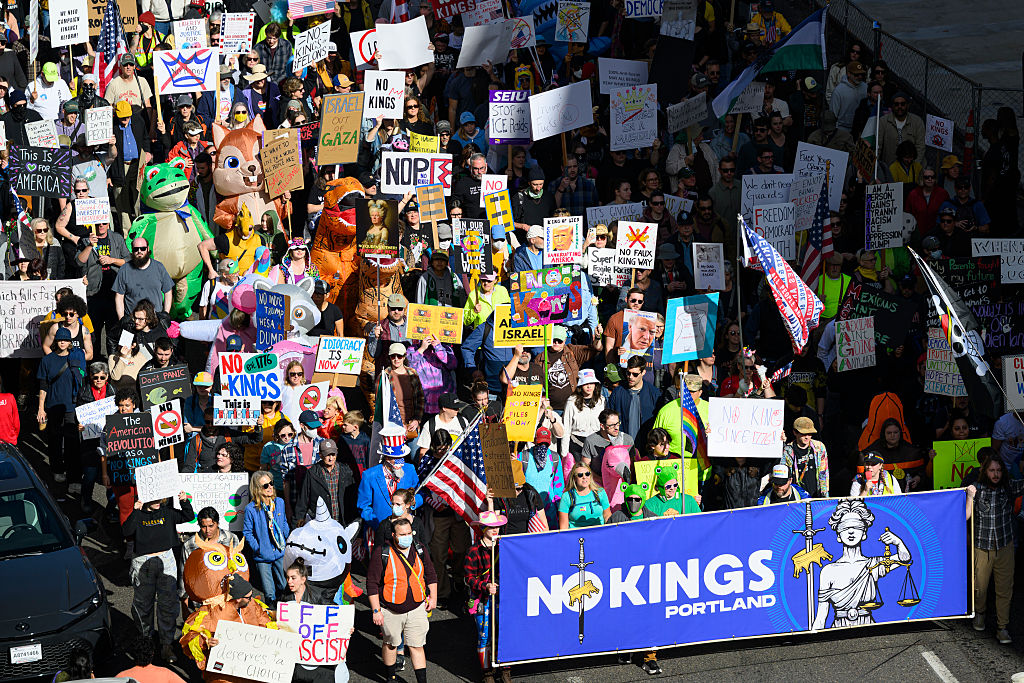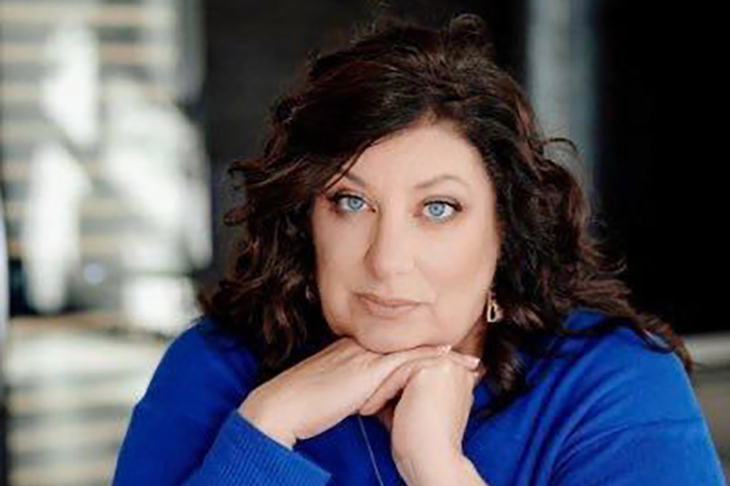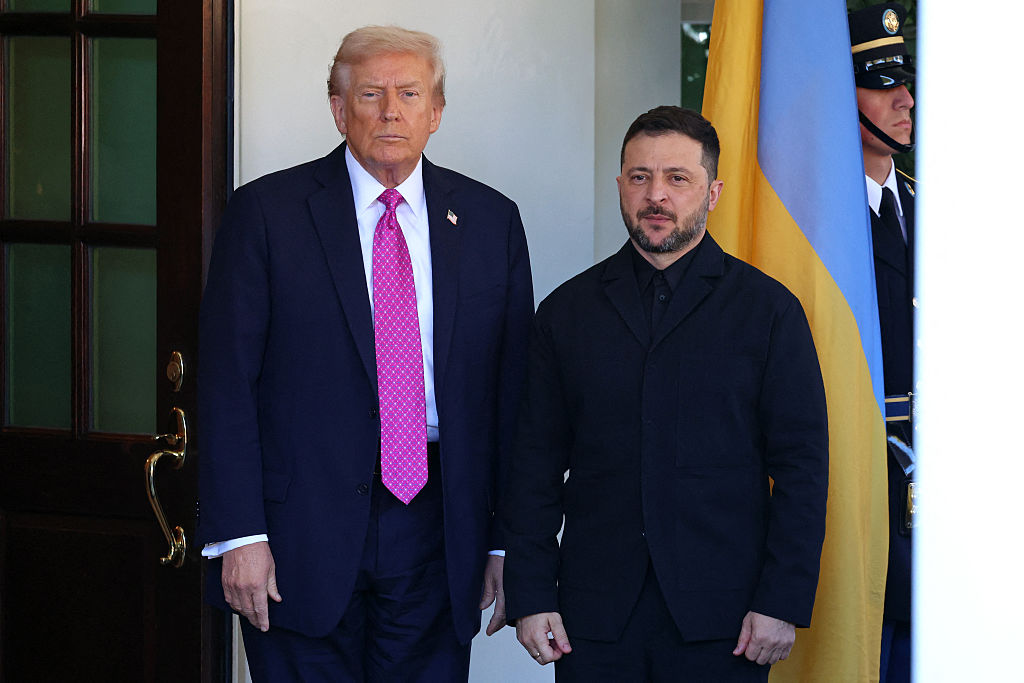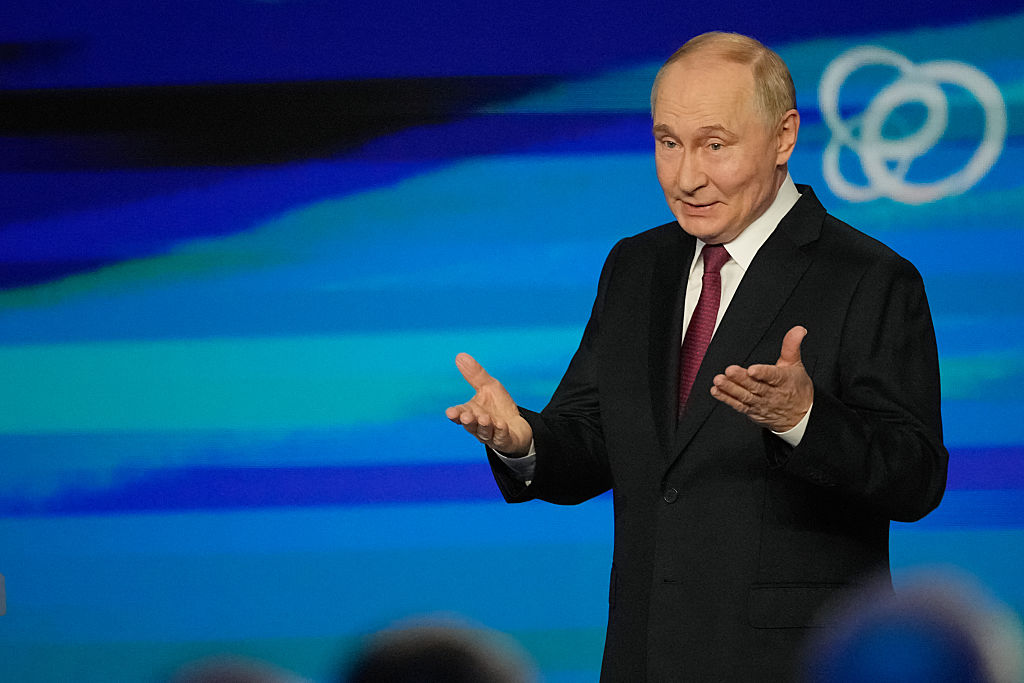Those who live by hate often die by hate, too. Maxim Fomin, better known as Vladlen Tatarsky, was one of the ultra-nationalist social media “milbloggers” who emerged largely off the back of Russia’s war on Ukraine. On Sunday evening, he was addressing a gathering at a cafe in St. Petersburg when he was killed by a bomb that also injured another sixteen people.
Fomin came from Makiivka, in the contested Donetsk region. In 2014, on escaping from prison where he was serving time for a bank robbery, he joined the pro-Russian Vostok Battalion. He would go on to become amongst the more famous “milbloggers,” whose Telegram channel had over 560,000 followers. He used his status to raise money to buy equipment for Vostok and other units (including the neo-fascist Rusich) and also, increasingly, to echo the outspoken claims of Yevgeny Prigozhin, manager of the Wagner mercenary army.
The rising toll of such attacks, from arson against draft offices to the murders of those connected with the war, is striking
A month ago, for example, he interviewed Prigozhin, giving him a platform to reiterate his complaints that the Defense Ministry wasn’t giving Wagner enough ammunition. At the end of March he had claimed that he had accompanied Prigozhin on a fact-finding mission to the embattled city of Bakhmut.
His death seems to have been a carefully organized plot. He was speaking to a gathering of a group which calls itself Cyberfront Z, a collection of bloggers and zealots espousing Russia’s cause in Ukraine and frequently criticizing the regular military for being insufficiently brutal and aggressive. Although at the time of writing the details are unclear, it appears that Fomin was presented with a statuette of a miner which contained the bomb, which exploded shortly thereafter. (Some reports say this was brought in by a woman, but as she herself has been hospitalized by her injuries from the blast, this may be questionable.)
The apparent proximity to Prigozhin is highlighted by the fact that the cafe in question, Streetfood Bar No. 1, belonged to him until 2020, when he gave it to its current owner. It is also close to one of the main hubs for Concord, Prigozhin’s holding company, on the nearby Lieutenant Schmidt Embankment.
Fomin infamously declared, at a reception at the Kremlin, that “we will kill and rob everyone we need to,” and there is no shortage of potential culprits. As is usually the case, at first everyone is blaming everyone else, with the Russian nationalists pointing the finger at Kyiv, and Ukrainian presidential advisor Mikhailo Podolyak suggesting it was score-settling at home, tweeting that the “spiders are eating each other in a jar.”
It is impossible at present to say who is behind the attack. After the assassination of Daria Dugina, daughter of imperialist philosopher Alexander Dugin, Washington unusually hinted that Kyiv was directly or indirectly behind it, which was interpreted as a warning to avoid launching more such attacks. Nonetheless, it could have been the Ukrainian security services or simply pro-Ukrainian elements.
Fomin’s closeness to Prigozhin, who seems to have supported his projects financially, could also mean this was a blow against him, or a warning. Prigozhin’s thuggish vendettas against figures ranging from St. Petersburg governor Alexander Beglov to defense minister Sergei Shoigu have all begun to rebound against him. In the cannibalistic world of Russian shadow politics, when you are down is precisely when you are most likely to be kicked.
It is almost certainly a coincidence, but Sunday also saw the public launch of a group calling itself the Club of Angry Patriots, including such prominent nationalists as Igor “Strelkov” Girkin, whose openly imperialist manifesto also includes a side-swipe against Wagner and thus, by implication, Prigozhin and his cronies and creatures.
For that matter, it could simply have been a falling out over money. Many of the individuals involved in raising funds for the front have also been accused of enriching themselves on the back of these efforts. Back in the 1990s, feuds over control of — and theft from — charitable funds were behind a slew of murders of senior figures within the Afghan war veterans’ organization, and some Russian commentators are already drawing parallels.
Given Moscow’s evident desire to pin the murder on Ukraine, it may well be that we will never know for sure who was behind the attack. However, what is striking is the rising toll of such attacks in Russia, from arson against draft offices to the murders of those connected with the war. Some may be encouraged or instigated by Kyiv, but not all or even most.
These cases are still isolated and often limited, but whether or not they are yet having an effect on the population at large, they are certainly a disquieting sign for the elite. As one angry nationalist commentator asked, “where was the [Federal Security Service]? Can’t we even defend ourselves at home? No wonder we are doing so badly in the war.” How many such murders before even the regime’s loyalists begin to ask the same?
This article was originally published on The Spectator’s UK website



